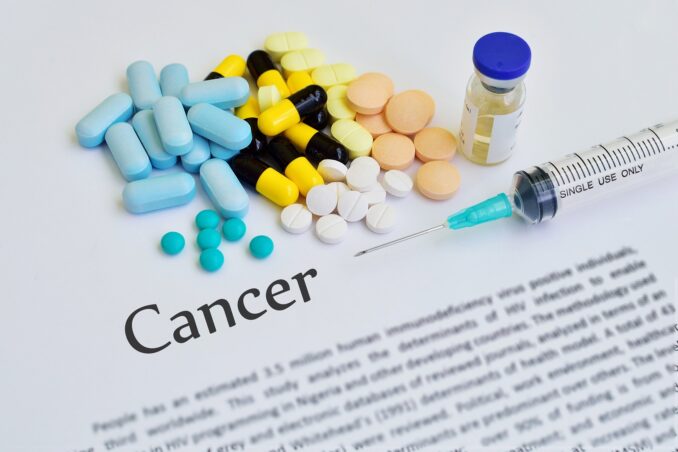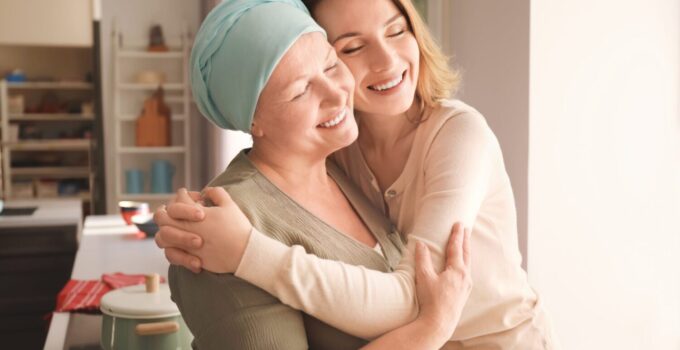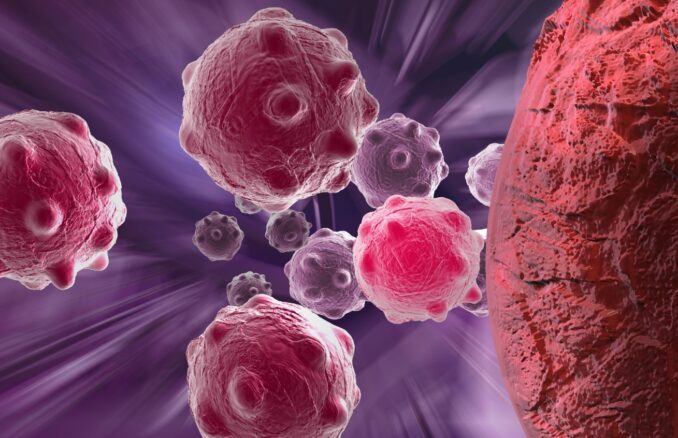All of us are aware that cancer exists. Many of us have known people who have had cancer, including people who have died from this deadly disease.
But despite how common cancer is, and how familiar the general public is with some of the realities of cancer, there are prevailing misconceptions that people continue to hold about this complicated and somewhat mystifying disease.
The Most Common Misconceptions About Cancer
What are the most common misconceptions about cancer?
1. Cancer is a death sentence
It’s tempting to think that cancer is a death sentence, as it’s one of the most common causes of death in the United States. However, cancer survival rates are generally increasing, and certain types of cancer have very high rates of survival.
There are some types of cancer, like pleural mesothelioma, that are typically fatal, but most types of cancer can be treated in a variety of different ways.
2. Cancer is contagious
Some people believe that cancer is contagious, and are reluctant to interact with people who have this disease. People who live in the same environment and engage in the same lifestyle habits may have some cancer risks in common, but there’s nothing contagious about any known type of cancer.
No level of interaction with someone who has cancer is going to give you cancer.
3. Attitude can affect your cancer survival rate
Maintaining a positive attitude isn’t necessarily going to increase your chances of surviving any type of cancer. There are some positive things associated with having a good attitude; for example, if you remain optimistic, you may be more likely to stay active, more likely to engage with loved ones, and more open to possible treatment options.
However, a good attitude alone isn’t going to do much, and having a bad attitude isn’t going to be the reason you die from cancer.
4. X causes cancer

Source: regencyhealthcare.in
There aren’t many things that directly cause cancer. Instead, there are a wide variety of things that increase your risk of certain types of cancer by various degrees. For example, even smoking a cigarette isn’t necessarily going to cause lung cancer; it’s just going to greatly increase your risk of lung cancer if you engage in this habit enough.
There’s still a lot we don’t know about cancer risk and causes, so it’s somewhat hubristic to suggest that we have an understanding of exactly what causes cancer and how.
5. No family history of cancer means you won’t get it
There is a genetic component to cancer risk, and if you have relatives who have cancer, you’ll be more likely to get it as well. However, the inverse of this isn’t necessarily true; if you have no family members who have ever had cancer, that doesn’t mean you’re never going to develop it.
6. Cancer is unavoidable
About 40 percent of cancer cases can be prevented with simple lifestyle changes, such as reducing alcohol and tobacco consumption, eating healthier, and staying active. There are cases of cancer that are mostly unpreventable, but there are still many things you can do to reduce that risk.
7. Some cancer treatments are better than others

Source: freepik.com
There are many different types of available cancer treatments, but it’s a bit misleading to suggest that some are better than others. Some treatments are superior only in certain contexts, and medical professionals must consider a wide range of variables before deciding on a combination of treatments for an individual case.
8. We’ll someday find a cure for cancer
It’s good to fund cancer research. And all of us have a lingering hope that someday, there will be a cure for cancer. But on some level, this is an impossible dream. Cancer isn’t like most other diseases; it’s unlikely that we’re ever going to be capable of preventing it with a simple inoculation or treatment strategy.
And even if we could do this, there are so many different types of cancer that affect people in different ways that a universal cure would be functionally impossible. Still, we’re creating new cancer treatment methods all the time – and the more we learn about cancer, the better we’ll be able to prevent and address it.
Why So Many Misconceptions?

Source: ewg.org
Why are there so many misconceptions about cancer?
There are a few big reasons. First, and potentially most importantly, cancer is a very complex disease – and there are many different types of cancer. Even if you’re a complete expert in one type of cancer, you may have relatively little understanding of different types of cancer. There’s still a lot we don’t know about this disease, and it affects different people in very different ways.
Second, our knowledge about cancer is constantly evolving. There was a time when scientists were concerned that cell phones could increase a person’s cancer risk, so it’s understandable that some people have the misconception that cell phone use has some influence. We learn more about cancer every day, rendering older knowledge obsolete.
Third, we have some shortcomings when it comes to educating the general public about the realities of cancer. Studies are often misreported or misinterpreted, and sometimes they go overlooked entirely.
Unless you plan on becoming an oncologist or a cancer researcher, it’s likely that you’re going to continue suffering from at least some cancer misconceptions. There isn’t anything wrong with this, as long as you’re humble enough to accept the limitations of your knowledge and wise enough to pursue help from experts when you need it.






